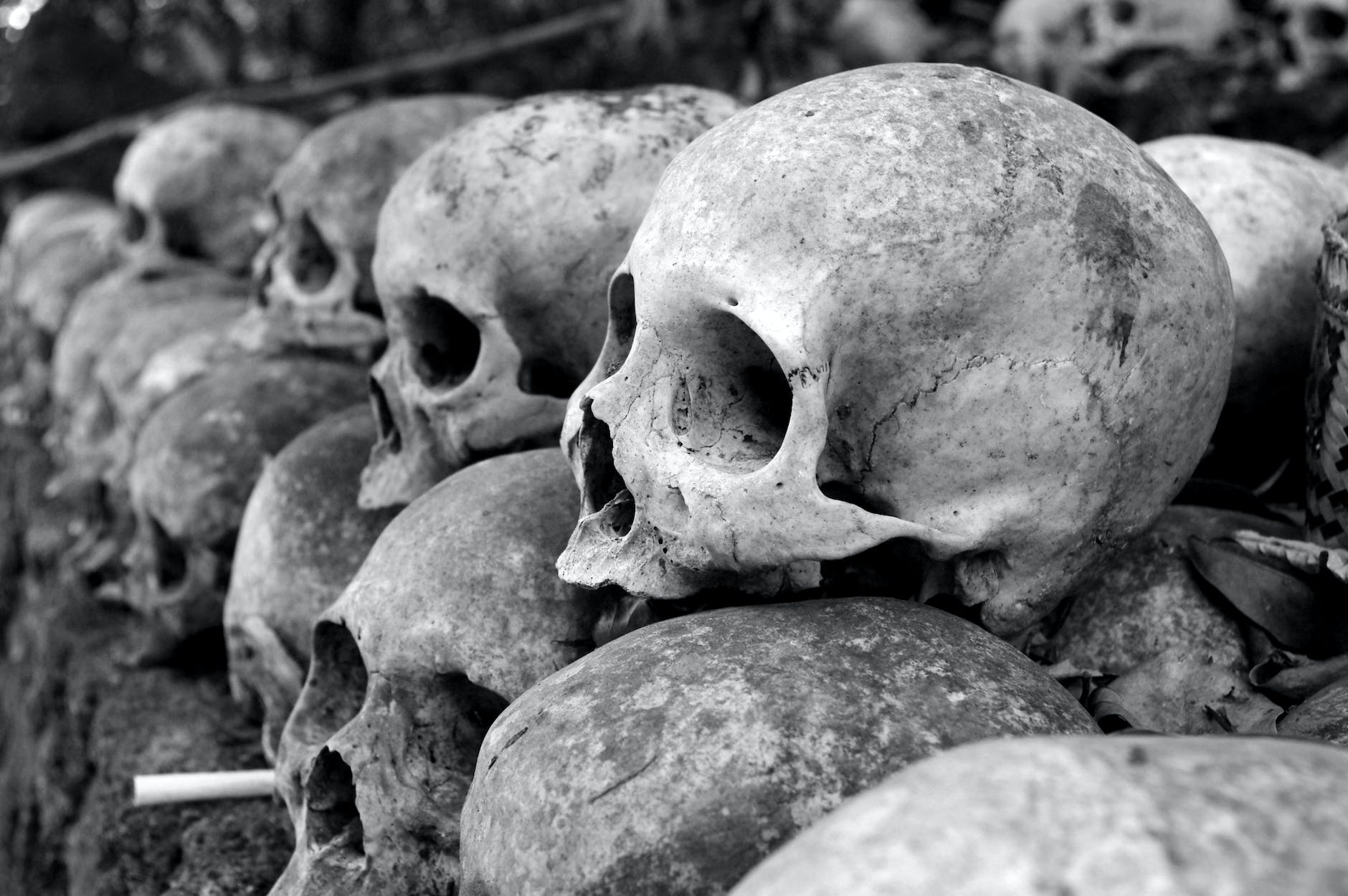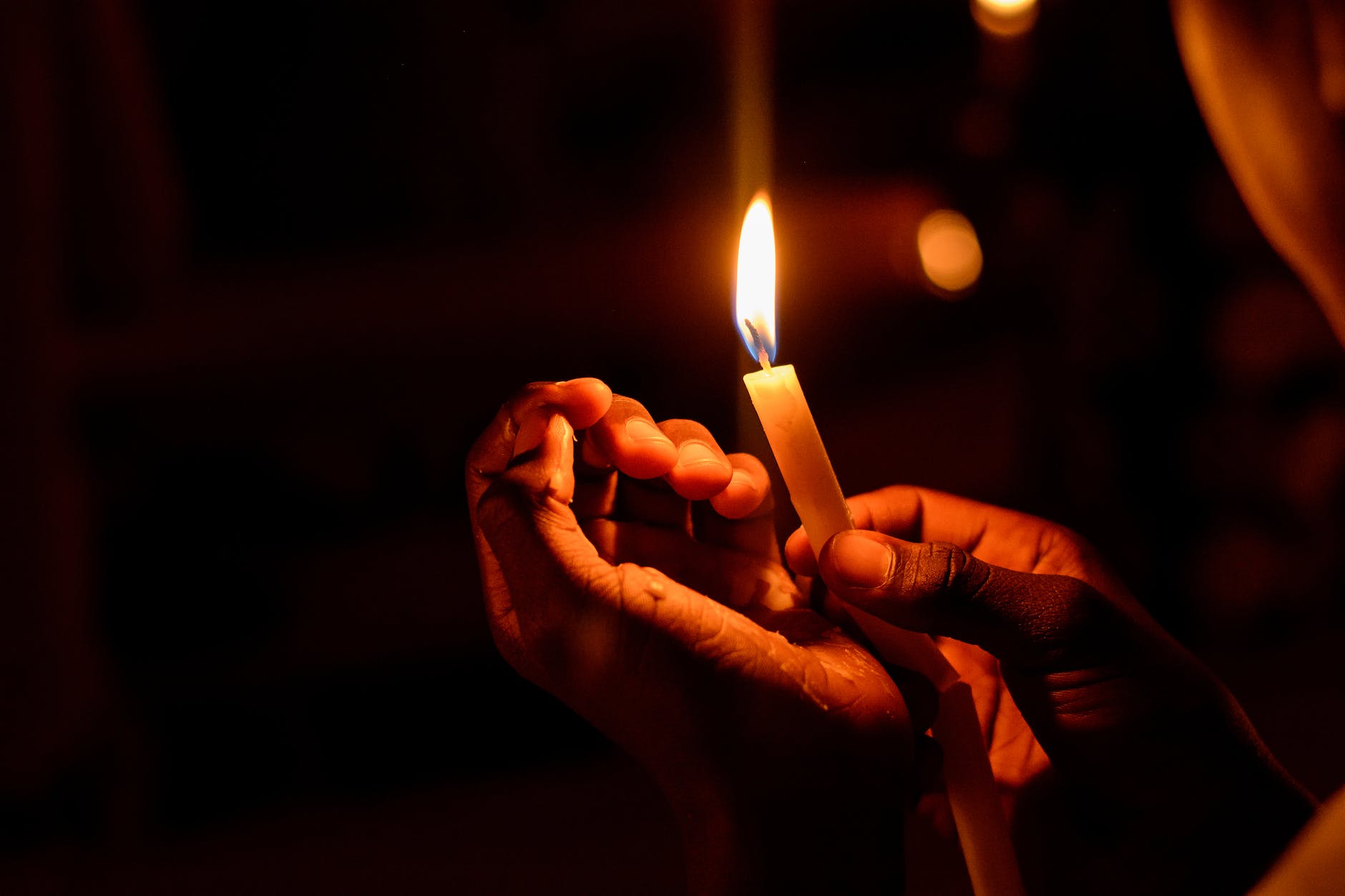
Death is the only universal experience. Shared by every living being, no matter your gender, political background, or species. As we live longer, we experience the death of others as well. Yet, even as death is a reality all around us, we rarely know what to do when it comes time to die. A few folks go quickly, unexpectedly. But for many of us, death will not be quick or easy. Therefore, we should give some thought to how to accept death and deal with it, before a diagnosis. This isn’t easy. As a practicing death doula, I want to share how I’ve made peace with death.
One Chance to Get it Right
When we die, that’s it. We don’t get an opportunity to do it over. Much of my mission is to help people accept dying and death while they’re still very much alive. In order to do this effectively with others, I’ve had to do it myself first.
I’ve seen how fear of death, death anxiety, and death denial don’t do anyone any good. Quite the contrary. In our final months or days, this unhealthy attachment to life at all costs can be damaging. It’s hard to make sense of something that takes us by surprise, while we’re in the middle of it.
I decided to get proactive about how I can cope with a diagnosis. While I’m healthy, I’ve found ways to accept that life will eventually end and also that I will lose people I love. This allows me to focus on what really matters. I make choices that lead to sustainable happiness and avoid choices that don’t.
That’s right! Thinking about my death has led to a better life.
I cannot plan with any certainty how I’ll feel at the end of my life. But I can put a plan and support system in place to handle whatever comes my way.
Why is Death Hard to Accept?
Some of my clients have the temperament or cultural background to accept that we will die. Like me, they believe death is a part of life and accept it without anxiety. Others find the whole idea of death difficult to understand or accept at all.
Nothing is written in stone, certainly not our thoughts. We change and grow, and our ideas change along with us. On an intellectual level, most people understand that talking about death won’t hasten it.
At the same time, people postpone these conversations because they’re just too painful to think about. When I’m thinking about something difficult that I must do, it helps me to remember these three mantras: 1) Trust myself. I have everything I need to get through this. 2) Let go of expectations for the future and attachments to the past. 3) Be open to whatever it is I’m supposed to learn.
Nothing is ever as bad as we think it’s going to be.

Name Your Fears
Fear of physical pain is real. But we can do something about it, and physical pain is the easiest fear to alleviate, thanks to hospice.
Hospice is an invaluable service designed to reduce physical pain and help someone get comfortable during the dying process. Your medical team will use medicine to treat pain, encourage rest, and help with anxiety.
Hospice, death doulas, and other caregivers will use non-medical ways to achieve emotional and spiritual comfort.
Involve hospice early, so they can get ahead of whatever you might need. This is preferable to waiting until you’re in pain and then hospice has to scramble to get set up, assess your needs, and address your discomfort. I’ve looked into different hospice organizations and know the ones that vibe with me, so I know what I’m looking for. Hopefully, I won’t need these services for quite some time. But I’m comforted to know what’s out there when I do.
Choosing interventions, when they should start, and how long they’ll be used will depend on you. This is your experience. Not your partner’s, friend’s, or loved one’s. Therefore, know what you want and express those wishes early and often.
Fear of Death
Many people fear death and dying. That fear is lessened if you’ve made the Five Essential Statements ahead of time. Several times a year, I review my life and determine if I need to say:
- 1) I’m sorry
- 2) I forgive you
- 3) I love you
- 4) Thank you
- 5) Goodbye
This is a wonderful routine exercise. Why wait until you’re dying to do it?
People tend to accept the end of life when they have fewer regrets. Saying I’m sorry to someone you’ve wronged and making meaningful amends profoundly heals you. Telling those you love how much they mean to you and forgiving someone who’s hurt you will make your life, and death, a more positive experience.
You still may fear death. Getting over that fear takes work. I’ve found that daily mindfulness meditation helps. Religious people sometimes find comfort in letting go if they pray or say the rosary.
Counseling is another option.
Also, consider psychedelics or plant medicine. They show remarkable promise in helping people feel less fear and anxiety around dying. I cannot imagine being at peace with the dying process and the death of my ego without them. Please get in touch if you’d like an experienced death doula to provide trip-sitting services. I can help you to experience the benefits of psychedelics in a safer environment.
What Kind of Caregiver or Support Group Do You Want?
Who do you want to support you at the end of life? I’ve talked to friends and family members about this sacred duty as I get older. This helps me determine who’s comfortable in that role.
Understand this can change as life and circumstances change.
Normal aspects of the dying and grieving process can be intense, exhausting, and distressing. A dying person may feel a sense of desperation and so might the care team. Create an environment where you and your loved ones tackle these tender conversations and moments with grace, forgiveness, and love.
Continually reflect on your life. I routinely ponder different decisions and choices I’ve made. Do you have a higher power or spiritual guide? Get involved in a house of worship if that provides some sense of community. Most have support groups where members talk about and learn ways to cope with letting go.
Pre-Need Arrangements
Addressing the practical aspects of death, dying, and grief is an important part of my process. People often find it difficult to discuss end-of-life plans, living wills, and funeral arrangements. But these elements of the dying process should be discussed long before you need them.
Once me and my loved ones have spoken openly about our preferences, we’ve involved professionals. This includes accountants, funeral directors, lawyers, doctors, and other healthcare workers. They help to ensure my wishes will be honored.
While the documentation involved can be overwhelming, and the requirements will depend on where you live, many resources exist to get you started. Once the task was done, I felt reassured. I now have what I need to make the process as easy as possible when the time comes.

A Word From Anitya Doula Services
We won’t all experience death in the same way. What’s important to know is that many of the physical, emotional, and spiritual aspects of dying that feel distressing or confusing are normal.
I have accepted death and dying long before it arrives. You can too. It leads to a fulfilling life and a more peaceful death. Discuss your preferences for end-of-life care, set up a support network, and connect with a spiritual community. This empowers you to face death openly and honestly.
Call me today for a better death tomorrow.


2 thoughts on “How I Have Come to Accept Death”